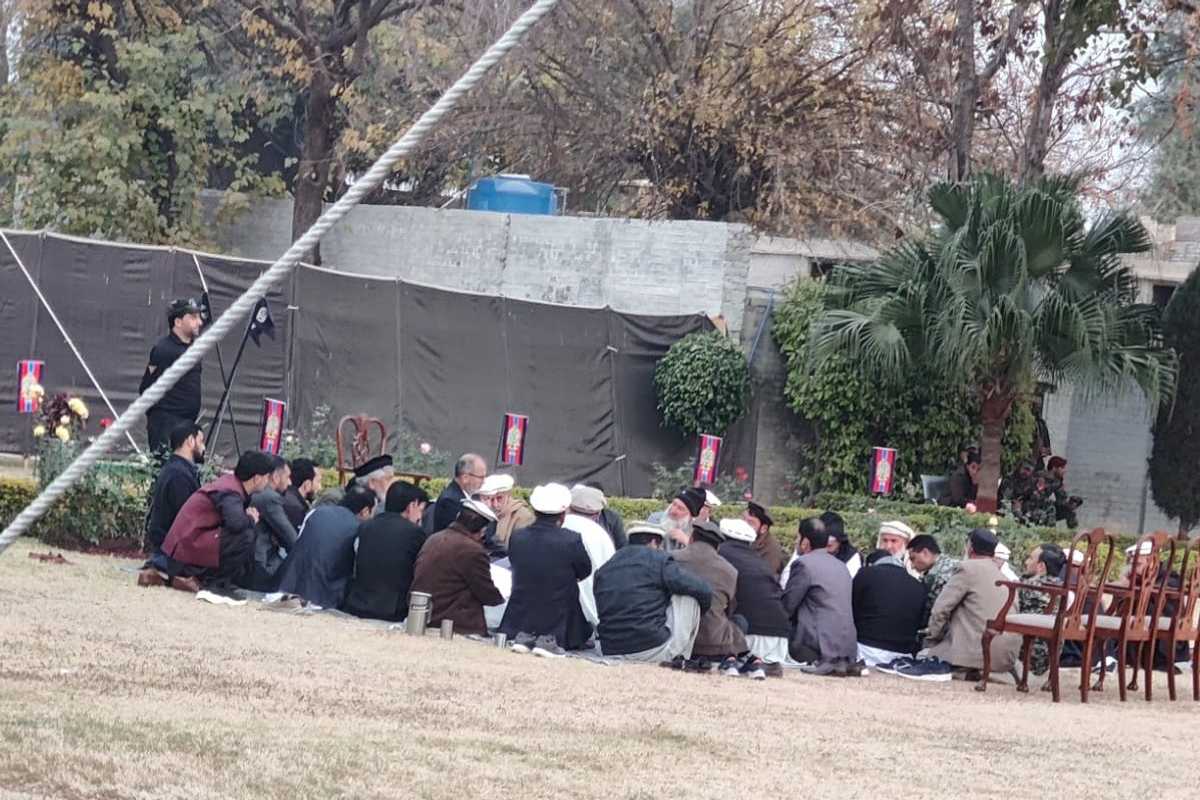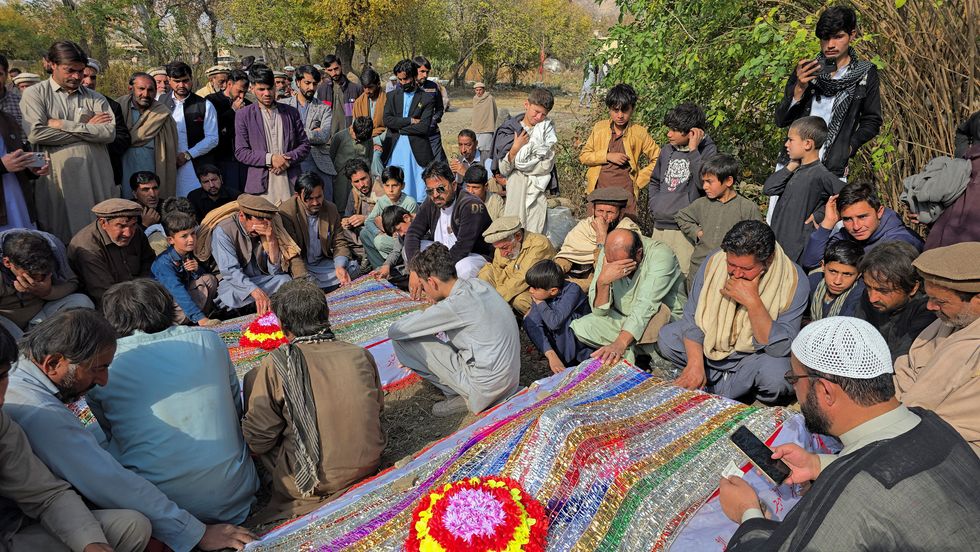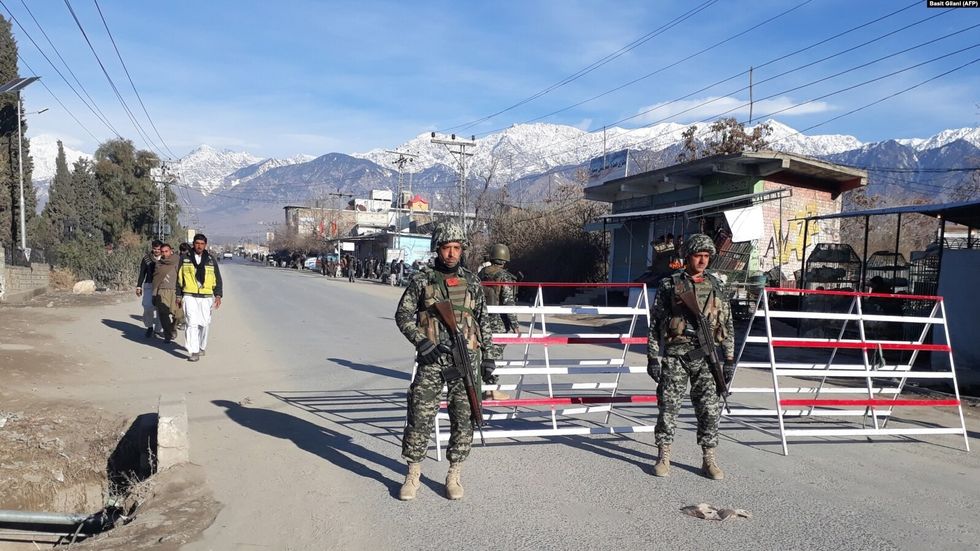Jirga finalizes peace deal after months of sectarian violence in northwestern Pakistan
Kurram peace deal promises road reopening, disarmament, and stability after months of deadly sectarian unrest and violence

Kamran Ali
Correspondent Nukta
Kamran Ali, a seasoned journalist from Khyber Pakhtunkhwa, Pakistan, has a decade of experience covering terrorism, human rights, politics, economy, climate change, culture, and sports. With an MS in Media Studies, he has worked across print, radio, TV, and digital media, producing investigative reports and co-hosting shows that highlight critical issues.

A grand jirga held in Kohat to resolve Kurram’s sectarian conflict.
After weeks of intense negotiations, the grand tribal jirga has finalized a 14-point peace agreement to resolve escalating sectarian tensions in northwestern Pakistan’s tribal district of Kurram.
The deal was signed Wednesday after more than 50 sessions overseen by the Commissioner of Kohat Division and mediated by the provincial government.
Barrister Muhammad Ali Saif, Advisor to the Chief Minister of Khyber Pakhtunkhwa and Jirga convener, confirmed the development. "Both sides have agreed on the demolition of bunkers and surrender of heavy weapons," he said, adding that one party had signed earlier, with the second completing the process on Wednesday.
Compensation demand
While most parties have agreed, Karim Khan from Bagan has withheld his signature, demanding compensation for damages sustained during a November 21 attack that killed over 30 people and destroyed homes.
Road reopening announced
The Khyber Pakhtunkhwa government announced that roads closed for 83 days will reopen on January 4. "Convoys will resume, marking a step toward normalcy," said Barrister Saif.

Chief Minister Ali Amin Gandapur praised the agreement as a turning point. "This marks the beginning of peace and prosperity for Kurram," he said. He urged all parties to reject divisive forces, emphasizing dialogue over violence.
Peace deal provisions
The 14-point agreement includes:
- Resolving land disputes under the Murree Agreement.
- Rehabilitating displaced residents.
- Collecting heavy and light weapons.
- Disbanding bunkers within a month.
- Enforcing strict action against hate speech.
Local and district peace committees will mediate disputes. Persistent conflicts will escalate to the grand jirga and government for resolution. Violators will face strict penalties, and neighboring villages may be held accountable unless proven otherwise.
Disarmament challenges
Jirga member Izzat Gul Orakzai said a joint committee will devise a 15-day plan to facilitate weapon surrender. "Our goal is a weapon-free Kurram. Offenders displaying arms will face a fine of PKR 10 million," he warned.
However, past disarmament efforts raise concerns. "In 2000 and 2017, weapons were surrendered but smugglers rearmed the region," said Jirga member Ali Jawad. He called for stronger enforcement to avoid repeating history.

Local journalist Adnan Haider questioned the feasibility of de-weaponization. "The Murree Agreement lacked such provisions and failed. Resistance to disarmament could undermine this deal too," he cautioned.
Sit-ins persist
Parachinar sit-in leader Muzamil Hussain Agha welcomed the deal but said protests would continue until full implementation. "Our goal is lasting peace," he stressed, urging minimal disruptions to avoid public inconvenience.
Crisis timeline
Sectarian tensions between Sunni and Shia communities in Kurram escalated sharply on November 21. Gunmen ambushed a convoy traveling from Parachinar to Peshawar, killing 43 people. Retaliatory clashes left over 150 dead and 200 injured.
Road closures and shortages of food and medicine compounded the crisis. Children reportedly died from starvation and lack of medical care.
Efforts to stabilize the region include emergency helicopter services and a government deadline to disarm by February 1, 2025.






Comments
See what people are discussing